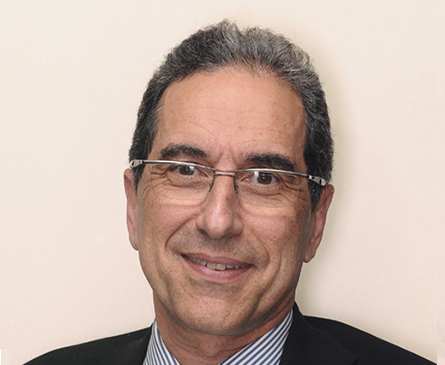Marcel Dahan, thoracic surgeon in Toulouse, explains the advantages of 3D custom-made implant technique to treat Pectus Excavatum, Poland Syndrome, or muscle deficiency.
How long have you known about the technique of custom implants for Pectus Excavatum?
It has now been more than 20 years since we performed the implant of the first designed prosthesis with Professor Chavoin. The patient was a 15 year old girl, the daughter of a caregiver of the department who wanted to continue working on the uneven bars after the correction was made. Far from being embarrassed, she kept telling us that it was protecting her from the shocks!
In what way would you say that this technique differs from the others?
I will say without hesitation: simplicity, safety and reversibility.
- Simple because it requires only a small aesthetically positioned incision and a 2-day hospital stay.
- Safe because it respects the thoracic wall with the prosthesis also providing protection.
- Reversible because change (due to growth) and ablation are equally simple to make.
How does the patient benefit from this?
Contrary to the other invasive techniques that we must continue to perform (pectus carinatum), the aesthetic result is immediate and striking. Also, such procedures do not counter-indicate any physical work and still allows thoracic surgery. The true justification of such a procedure is first and foremost aesthetics, exceptionally cardiac or respiratory.
What do you think the future holds for “3D surgery” and custom‑made?
With the development of 3D printing, it is now completely conceivable for a thoracic surgeon to replace a thoracic wall and create endo-tracheal prostheses. The surgeon will no longer have to fit the patient to his prosthesis. Now it’s all about the prosthesis being fitted to the patient.
Professeur Marcel Dahan, PhD - Thoracic surgery department
Hôpital Larrey - Toulouse University Hospital




